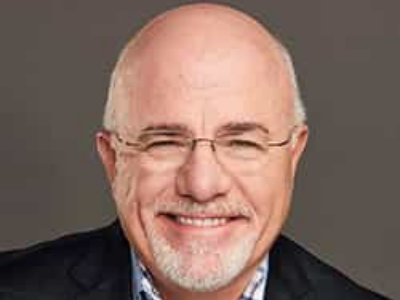Iran's rial currency hits all-time low of 1,074,000 to the US dollar before president's UN speech
News > National News

Audio By Carbonatix
7:36 AM on Wednesday, September 24
By FARNOUSH AMIRI
UNITED NATIONS (AP) — Iran’s rial currency fell to a new all-time low on Wednesday, reaching 1,074,000 to the U.S. dollar just before Iranian President Masoud Pezeshkian was due to address the United Nations.
The currency’s fall follows Iranian Supreme Leader Ayatollah Ali Khamenei rejecting direct talks with the United States over its nuclear program.
Khamenei’s announcement likely boxes in the diplomacy that Pezeshkian and Iranian Foreign Minister Abbas Araghchi could have done in New York. It also suggested that last-minute talks between Iran and European nations won’t stop the coming reimposition of U.N. sanctions on Iran over its nuclear program. A 30-day window to stop the sanctions will end Sunday.
France, Germany and the United Kingdom triggered the so-called snapback mechanism to reinstate sanctions — barring a last-minute accord — over Iran’s failure to comply with conditions of a 2015 nuclear deal aimed at preventing Tehran from developing nuclear weapons.
“Snapback” was designed to be veto-proof at the U.N. It started a 30-day window for the resumption of sanctions unless the West and Iran reach a diplomatic agreement.
European nations have said that they would be willing to extend the deadline, if Iran resumes direct negotiations with the U.S. over its nuclear program, allows U.N. nuclear inspectors access to its nuclear sites, and accounts for the more than 400 kilograms (880 pounds) of highly enriched uranium that the U.N. watchdog says it has. Iran is the only nation in the world that enriches uranium up to 60% — a short, technical step away from weapons-grade levels — that doesn't have a weapons program.
If no diplomatic deal is found this week, the sanctions will automatically “snapback” on Sunday. That would again freeze Iranian assets abroad, halt arms deals with Tehran and penalize any development of Iran’s ballistic missile program, among other measures, further squeezing the country’s reeling economy.
Earlier this month, the U.N. nuclear watchdog and Iran signed an agreement mediated by Egypt to pave the way for resuming cooperation, including on ways of relaunching inspections of Iran’s nuclear facilities. However, that agreement has yet to fully take hold.
In July, Pezeshkian had signed a law adopted by his country’s parliament suspending all cooperation with the International Atomic Energy Agency. That followed Israel’s 12-day war with Iran in June, during which Israel and the U.S. bombed Iranian nuclear sites.
Iran has long insisted its program is peaceful, though Western nations and the Vienna-based IAEA assess that Tehran had an active nuclear weapons program until 2003. Khamenei again said Tuesday that Iran doesn't seek atomic bombs.
“We do not have a nuclear bomb and we will not have one, and we do not plan to use nuclear weapon,” he said.
However, he added: “Science will not be demolished by threats and bombing."
___
Amir Vahdat in Tehran, Iran, and Jon Gambrell in Dubai, United Arab Emirates, contributed to this report.










